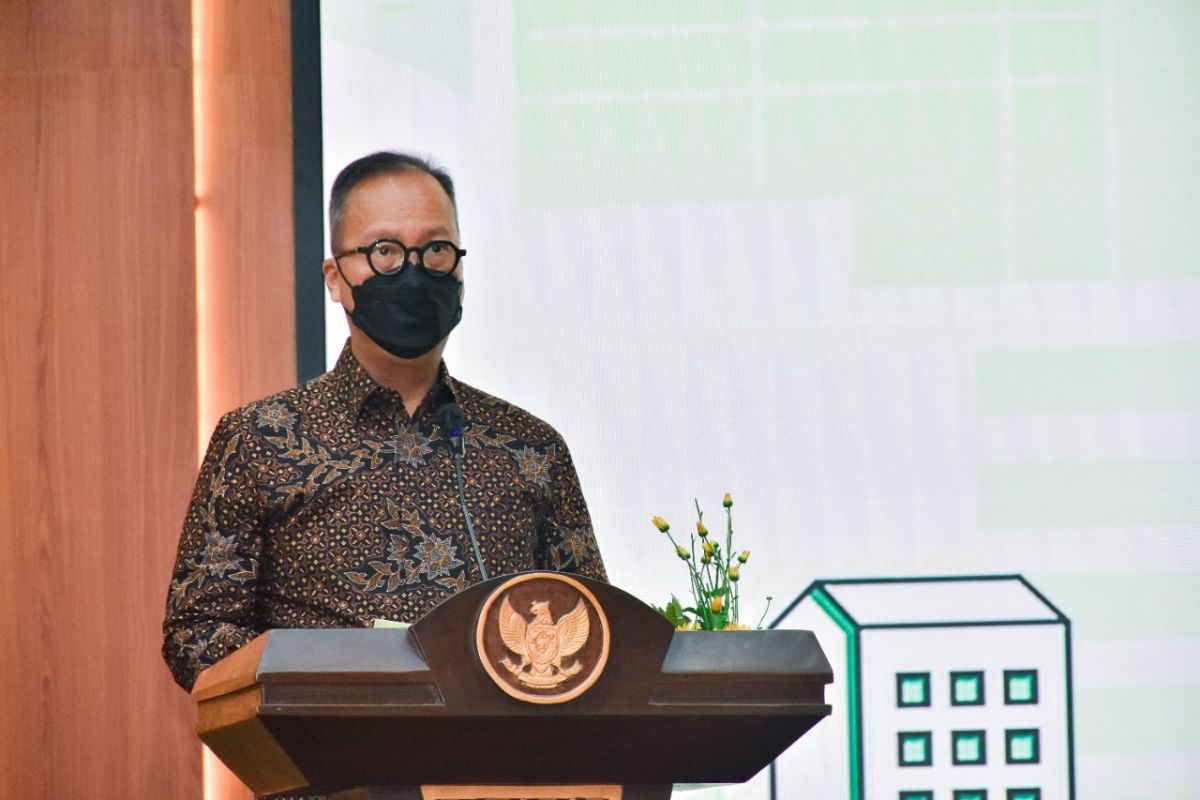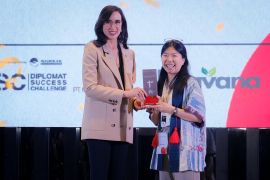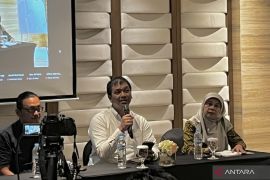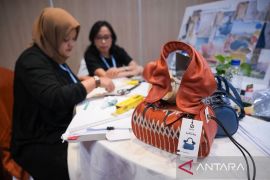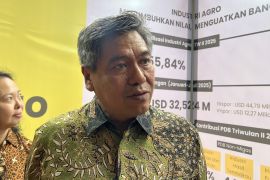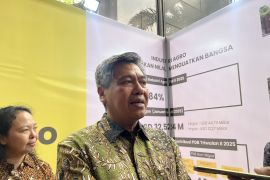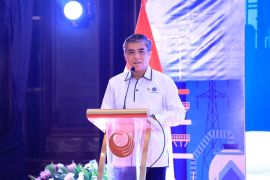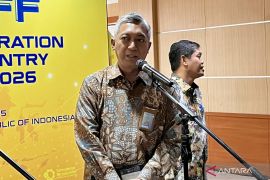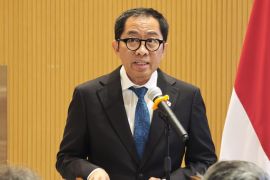"The Industry Ministry continues to support automotive component small and medium businesses to become competitive and be able to become part of the automotive industry supply chain, both domestically and abroad, such as Japan," Minister Kartasasmita noted in a written statement received here on Monday.
On June 26, 2022, the minister embarked on a visit to Japan to meet with the automotive component small and medium industry business delegation and the Toyota Indonesia Diaspora Group in Nagoya, Japan.
The meeting aimed at mapping issues experienced by automotive component small and medium businesses, particularly the Automotive Component Small and Medium Industry Association, in an effort to establish cooperation with the Japanese automotive industry.
Thus, such SMIs must actively pursue sound relations with Japanese entrepreneurs while also proving themselves as the most capable and reliable suppliers of spare parts in Asia, he opined.
Related news: Govt to boost export of automotive components to Eurasia
The government and automotive component SMIs must be able to tackle the four challenges in an effort to become part of a greater supply chain.
The first challenge pertains to funding, as full support had yet to be received from financial institutions, on account of the bankability, size of the company, and the lack of appropriate banking products.
The ministry will discuss with MUFG about the possibility of a special financing scheme for automotive component SMEs, he remarked.
Second, the problem of product quality and scalability. The ministry has offered several mentoring programs to improve the quality of SMIs, such as assistance in product development and certification, technology 4.0 implementation, engine restructuring, product design services, material center construction, and also support in the form of promotion or exhibition.
"In addition, we have training and vocational programs that can help SMEs in terms of (improving) human resources and good management, including centers that provide services and assistance related to machinery," Kartasasmita stated.
The third problem is the lack of mentorship for SMIs in terms of production, management, quality control, and other manufacturing processes.
The minister expects industry players to benefit from the forum, which would be hosted on June 27, to gain a broader understanding of opportunities and build relations with Japanese automotive companies.
The last area of concern is the SMEs' scope of relations with the automotive sector in other countries. This problem would be addressed through the business forum, which was facilitated by the Indonesian Embassy in Tokyo and involved the automotive component small and medium business delegation having members of PIKKO.
He also remarked that Japan's automotive business in other countries, particularly in the ASEAN, also provided greater business opportunities for low-cost but high-quality vehicle components.
Ambassador Extraordinary and Plenipotentiary of Indonesia to Japan, Heri Akhmadi, stated that the forum aimed at encouraging the automotive component SMEs in order to demonstrate their capabilities.
Chairperson of PIKKO, Rosalina Faried, said SMIs that participated had been promoted to a global supply chain, both as tier-2 and tier-3 automotive industries.
"The programs provided by the Industry Ministry to automotive component SMIs include the program to increase the (skills) of SMI's human resources, the development of SMI centers, business matching, including its ecosystem, as well as the restructuring of machinery or equipment. The most important aspect (is that) automotive component SMEs need continuous (support) and assistance from the government," he concluded.
Related news: Taiwanese investor eyeing Indonesian automotive components industry
Related news: Govt to scrap duty on IKD components for sedans
Translator: Risbiani F, Mecca Yumna
Editor: Suharto
Copyright © ANTARA 2022
